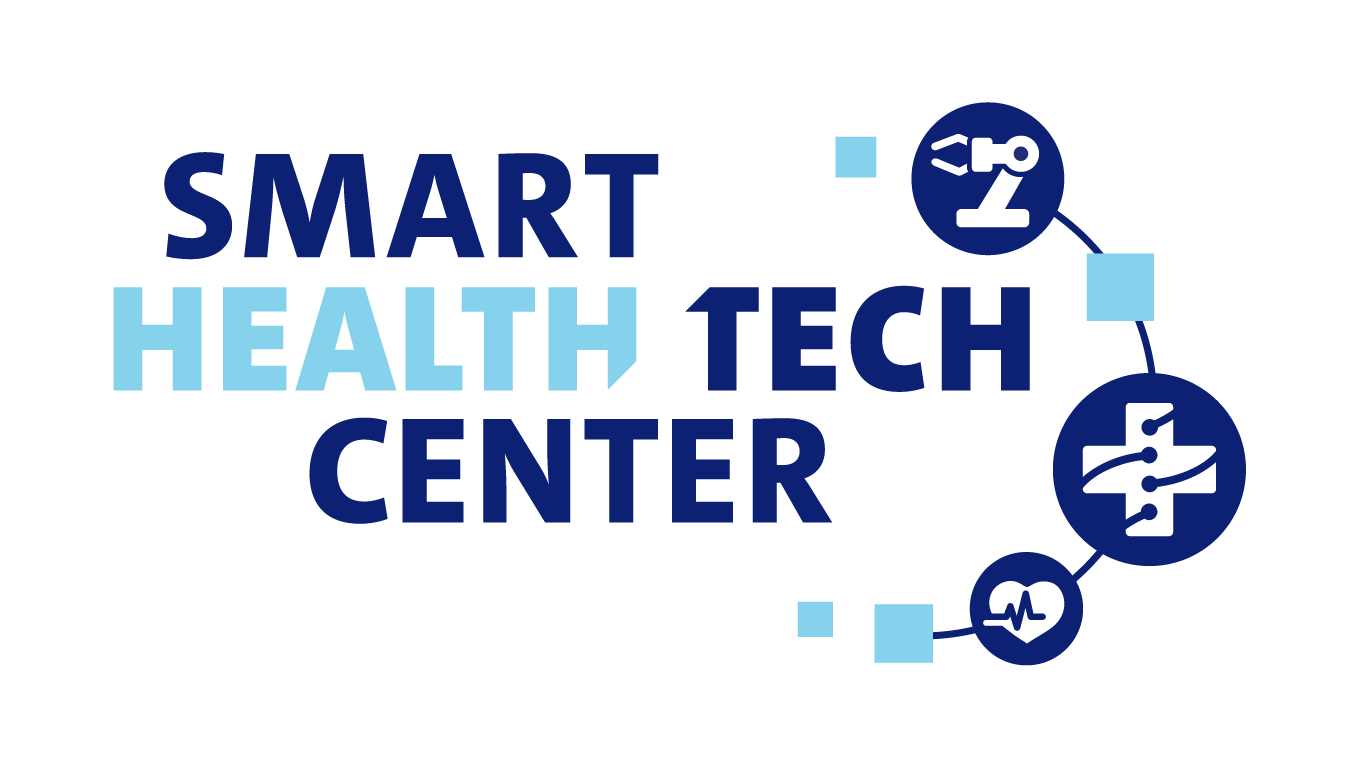Instructing immune cells to resolve cancers unresponsive to standard treatment

Project summary
Instructing immune cells to resolve cancers unresponsive to standard treatment
T-cells act against hard-to-treat cancers (T-ACT)
Adoptive cellular therapy (ACT) is a successful treatment form for blood cancers, in which patient’s T-cells (a type of leukocyte) are gene-engineered to express a protein that recognises cancerous cells, after which this cellular product is given back to the patient. This project extends ACT to cancers of the breast, bladder and brain. To this end, scientists at Erasmus MC partner with entrepreneurs at Pan cancer T (PCT) BV, and collaborate with clinical advisors and patient advocates.
The objective of this project is the creation of a new therapy that can be quickly implemented and applied to a large group of ill people for whom current treatment is non-effective and/or yields side effects that hamper healthy lives. To enable the development of such a new therapy, the consortium introduces 2 differentiating elements: (a) unique targets for ACT that are exclusively expressed by multiple solid cancers but not healthy tissues (so-called PCT targets); and (b) innovative technologies to select proteins (so-called T-cell receptors, TCRs) that recognise PCT targets, as well as drugs to overcome tumor micro-environment challenges in the targeted cancers.
Partners will obtain TCRs directed against 3 PCT targets that are highly expressed in hard-to-treat triple negative breast cancer, bladder cancer and low-grade glioma. TCRs are genetically introduced into T-cells, after which these T-cells are assessed for safety and anti-tumor efficacy in combination with drugs that open-up mentioned tumors for ACT. The future development of these new ACT products will align the route of an already scheduled clinical academic ACT trial to treat melanoma and head-and-neck cancer in 2021.
Impact
A favorable outcome of this project, being safe and effective ACT to treat large numbers of patients with hard-to treat tumors, is expected to yield control of disease, healthier lives, and ability of patients to re-enter society.
More detailed information
Principal Investigator:
Role Erasmus MC:
Coördinator
Department:
Medical Oncology
Project website:
Not available
Funding Agency:
Health~Holland



